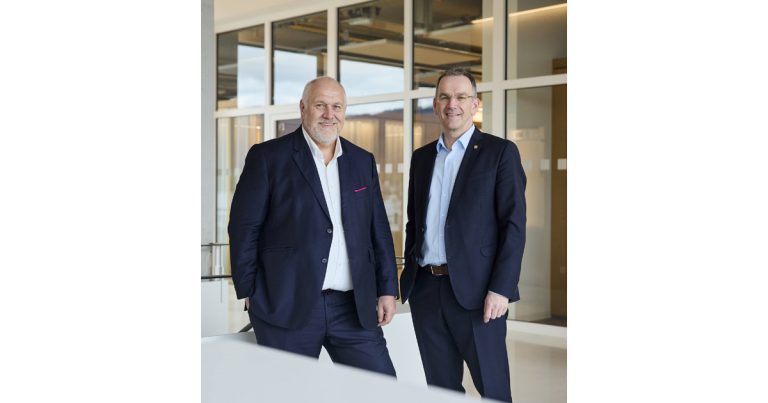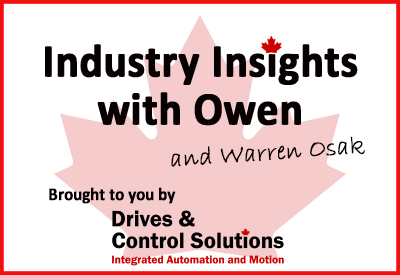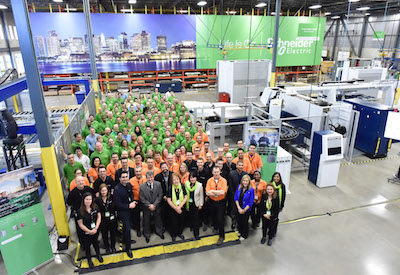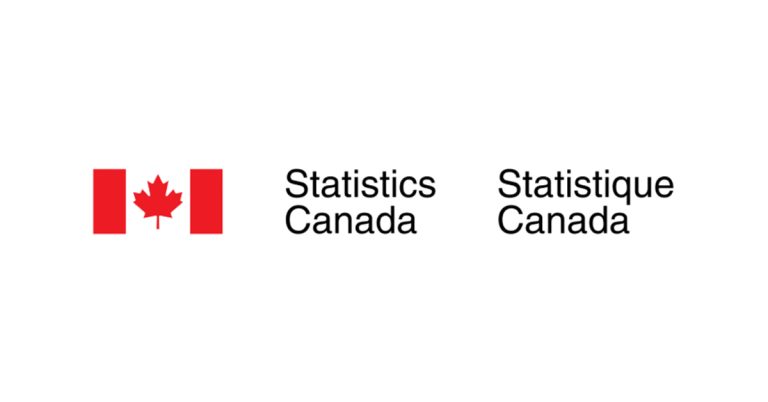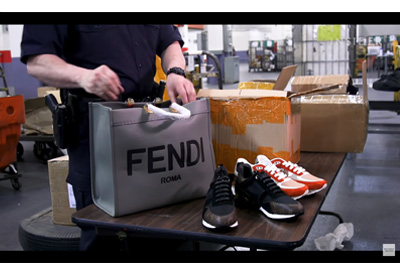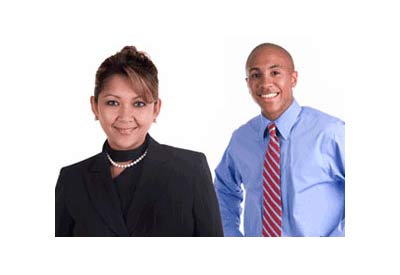Interviewing — Love it or Hate it? How to do it Right
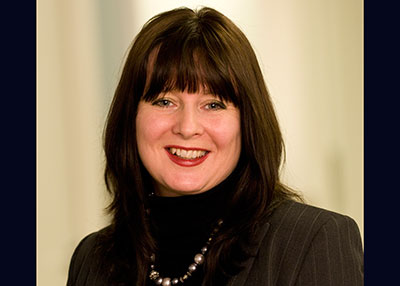
May 11, 2018
By Michelle Branigan
The need to hire can be a good or a bad thing. In some cases business is booming and there’s a need to add to your team. Alternatively someone has left for a different job opportunity or has retired, and there’s an urgency to fill the gap.
Whatever the reason, the process of interviewing will either delight you or send you running for the headache pills.
But hiring the wrong person for the job has many consequences. It’s costly, both from a time and productivity perspective. And it can be demoralizing for those who are responsible for onboarding the new hire, and have participated in the knowledge sharing process to educate that individual about not only the job itself but organizational culture, processes and policies.
In some instances employers will realize that the person was not the right fit for a particular role but will be hesitant to let that person go, instead working to make them fit somewhere into the organization. That may work — if you’re lucky — or it you could end up sinking time and effort into training the employee for positions for which they have no real aptitude, or even desire to be in.
So what are some of the best approaches to interviewing and hiring the best candidates?
What to do
- Be clear on what the job entails. If expectations on either side are unclear it can cause issues later on if you hire that individual and the job is not what they thought it was. Do your questions relate to the actual position you are trying to fill? Have you put some thought into them?
- Do check references. If possible undertake extra reference checks, and not just the ones the candidate has provided. Ask about the person’s strengths and weaknesses, how they perform under pressure, how they work within a team, and what skills they need to grow as part of their further development.
- Do include another person in the interview, no matter how small of an organization you are. If you have a team already in place who will be working with this new person every day have them sit in on the first or second interview. If not, task a trusted colleague to step in and help with the process. Quite often they will see something that you may not, or remember to ask a question that you don’t.
- Don’t wing it. While unstructured interviews can lead to a free flowing discussion they can leads to problems, especially if you go off on a tangent and then ask different candidates different questions. Structure your interviews so that all candidates receive the same questions, which will make the interviews more reliable and will allow you to better/fairly assess candidate responses. But…
- Be creative. Any interviewee will be prepared for the standard interview questions Try to ask questions in such a way that they may not be prepared for.
- Some questions that I include in an interview are, “Tell me three words that describe you,” followed by “Give me three words that your colleagues would use to describe you.” It’s amazing how many people this stumps. Another good question is, ”Tell me a time when something went wrong and how you handled it.” If they tell you nothing has ever gone wrong during their career to date, or that they have never done anything wrong, make it a short interview.
- Most importantly, listen. Sometimes it is tempting to jump into those momentary silences that may crop up during the interview, but this provides an opportunity to see how the candidate reacts and ideally opens up with some further narrative.
What not to do
- Don’t talk too much. You’re there to listen and use that time to determine if this person is a good fit for your company. If you hear yourself talking too much take a deep breath and move on to the next question.
- Don’t be afraid to ask tough questions, especially if you have noticed gaps in the candidate’s resume or have seen an alternative narrative on their social media.
- Don’t drag the interview out. Not all interviews have to set a predetermined time limit – let the actual discussion be your guide.
Hopefully taking the time to prepare properly for the interview process will save you time and money in the long run, and possibly you may find your perfect employee.
Michelle Branigan is CEO, Electricity Human Resources Canada.

